The Truth About the Gut Microbiome
The gut microbiome is a complex community of trillions of microorganisms residing in our gastrointestinal tract. It is unique to each individual and influenced by factors such as genetics, diet, environment and lifestyle. In recent years, scientific research has increasingly highlighted the intricate relationship between the gut and the brain. Beyond its primary role in digestion, the gut is now recognised as a key player in influencing various aspects of our health, including our mood which in turn, affects our emotional well being.
The Gut-Brain Axis:
The bidirectional communication pathway known as the gut-brain axis connects the nervous system in the brain with the nervous system in the gut. This axis allows for constant communication between the brain and the gut through a network of nerve cells, hormones, and immune system components. This intricate relationship plays a crucial role in regulating mood and emotional well being.
Serotonin Production and Regulation:
Serotonin, often referred to as the "happy hormone," is a key player in mood regulation. Believe it or not, the gut microbiome produces more serotonin than the brain. Therefore, it majorly influences serotonin levels and regulates its availability to the brain. Imbalances in the gut microbiota have been linked to disruptions in serotonin levels, potentially contributing to mood disorders such as depression and anxiety.
Inflammation and Mood:
Inflammation, a natural response of the immune system to threats, has been associated with mood. The gut microbiome plays a pivotal role in inflammation. Imbalances in the microbial community can lead to increased inflammation, which, in turn, may impact the brain and contribute to mood disturbances. Understanding and maintaining a healthy balance of gut bacteria may have far-reaching implications for mental health.
Probiotics and Mental Well being:
Probiotics, beneficial bacteria that promote a healthy gut microbiome, have gained attention for their potential role in supporting mental health. Studies suggest that consuming probiotics may positively influence mood by promoting the growth of beneficial bacteria and modulating the gut-brain axis. Some examples of probiotic food and drink products include dairy products such as yoghurt, kefir and aged cheese such as cheddar, as well as fermented products such as kimchi and kombucha. While more research is needed to fully understand this, incorporating these probiotic-rich foods into one's diet may offer a natural and accessible way to support emotional wellbeing.
The burgeoning field of research on the gut microbiome and its impact on mood opens new avenues for understanding and addressing mental health challenges. Try out our Classic Turkey Burger recipe from our new Smash’d concept for a meal packed with flavour, fibre and ferments to keep your gut health in check.

